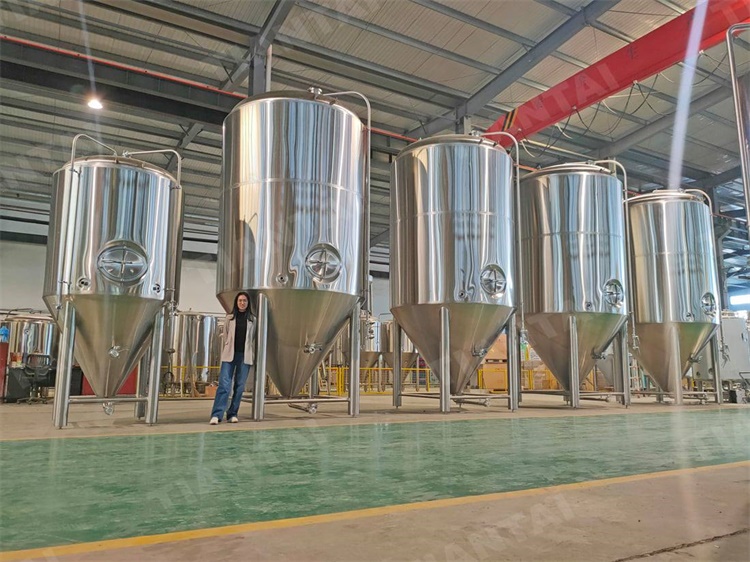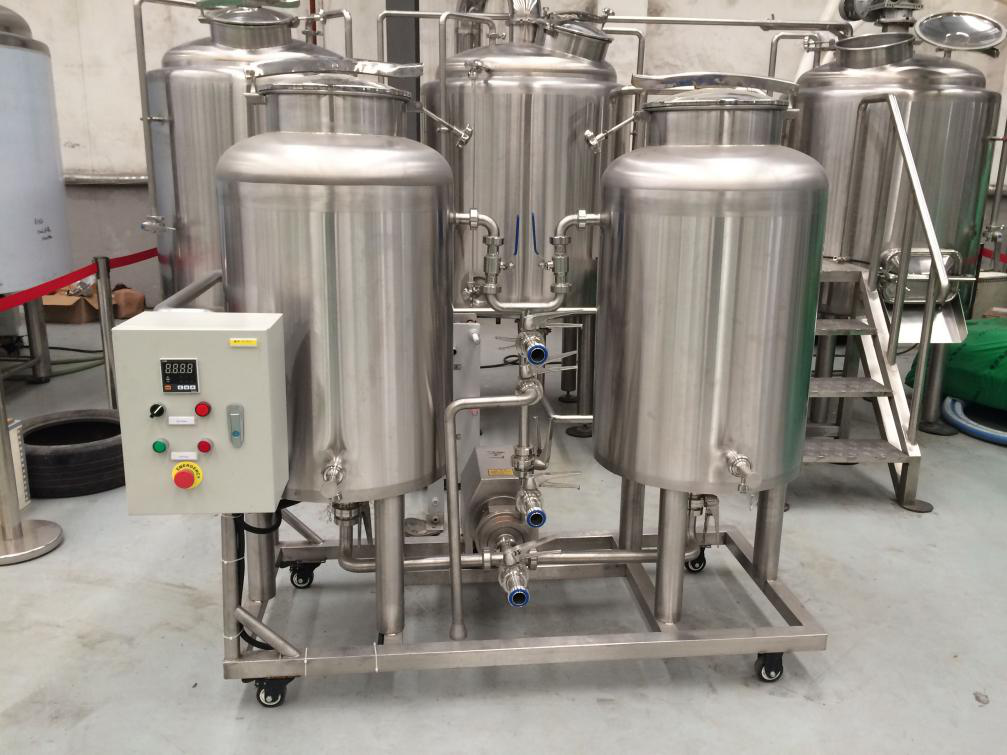.jpg)
Mashing: Deaerated water is often used during the mashing process to create the mash, which is a mixture of crushed malted grains and hot water. Removing oxygen from the water helps prevent oxidative reactions that can lead to off-flavors in the beer.
Wort Production: Deaerated water is used to dilute the concentrated wort produced during mashing. This helps achieve the desired sugar concentration in the wort without introducing excess oxygen.
Yeast Propagation: When propagating yeast for fermentation, it's crucial to use deaerated water to rehydrate the yeast. Oxygen can harm yeast cells, and using deaerated water helps ensure healthy yeast fermentation.
Cleaning and Sanitizing: Deaerated water can be used for cleaning and sanitizing equipment and surfaces in the brewery. It's important to use deaerated water for cleaning to avoid introducing oxygen or contaminants into the beer-making process.
Bottling and Packaging: Deaerated water may be used during the bottling and packaging process to rinse bottles, kegs, and other containers to minimize the risk of contamination and oxidation.
Cooling and Heat Exchange: Deaerated water is sometimes used in heat exchangers to control the temperature of the brewing process. It can be used to cool down wort or other liquids without introducing oxygen.
Blending: Breweries may use deaerated water when blending different batches of beer or adjusting the final beer's characteristics. This ensures consistency in flavor and quality.
Beer Analysis and Quality Control: Deaerated water can be used in the lab for various analytical tests, such as determining alcohol content, pH levels, and flavor profiling. It's important to use deaerated water for accurate results.
Steam Generation: In some cases, breweries use deaerated water in their steam generation systems to prevent corrosion and ensure the steam doesn't introduce oxygen into the brewing process.
It's important for breweries to have reliable deaeration systems in place to consistently produce high-quality beer. Deaerated water helps maintain the flavor and stability of the beer by minimizing oxidative reactions and reducing the risk of contamination.
If you need deaeration system, feel free to contact me for a proposal.
Thank you very much for your reading.
If you are interested in starting a cider producing plant, please feel free to contact with TIANTAI
Edited by Helen
Email: [email protected]


.jpg)



Get In Touch